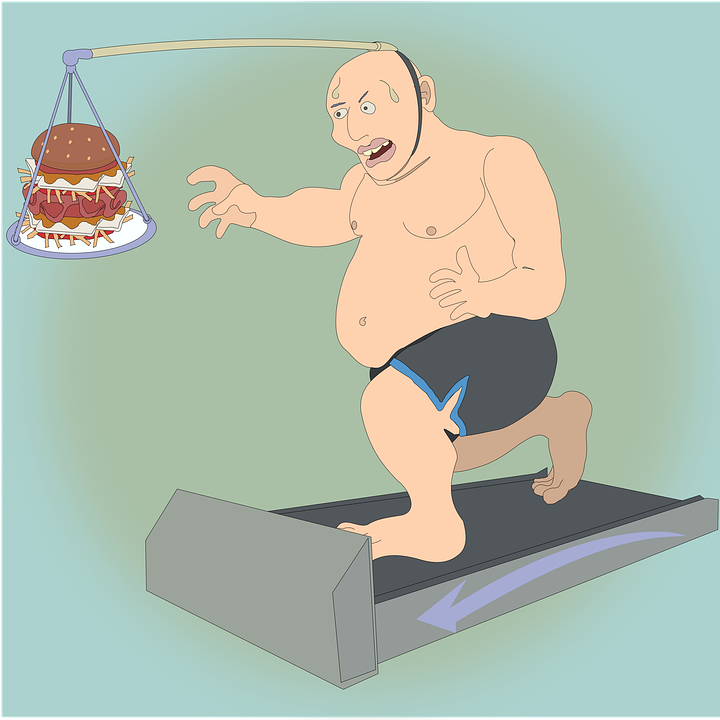I have long been a fan of NutritionFacts.org. Funded only by donations from individual visitors, Dr. Michael Greger and his team read every English-language journal article on nutrition every year and share their critical analysis free of charge. When it can feel like everyone is trying to manipulate and profit off of others, sources like these stand out as much more credible to me.
After a long wait from the library, I have finally read Dr. Greger’s book How Not to Die. Again, all proceeds go directly to fund his free educational website – he takes no compensation. For most books I discuss on here, I provide a comprehensive summary of the key takeaways as I see them. For this one, though, you can just go directly to NutritionFacts.org and search for any and all the information that interests you. If you’d still prefer a summary, check out the one done by Chewfo or the video published by Dr. Greger himself.
Instead, I’d like to share with you the little notes I took for myself to give you an idea of what the book offers.
First up, probably the most controversial: a whole foods, plant-based diet recommendation. This blog demonstrates how open I am to considering all different ways of eating and I still believe that there is no one right way – not only because we are individuals with different needs and different reactions to foods, but also because a good diet I can incorporate into my life is heaps better than a great diet I can’t keep up. All that said, this book devotes the first half to explaining exactly why a whole foods, plant-based diet is best for optimal health and avoiding the 15 leading causes of death.
One of those causes is depression. I’m aware that with the exception of the most severely depressed, anti-depressant medication has not been proven to be more effective than the placebo effect. If capable of exercise, 30 minutes of walking is at least as effective as those drugs without the negative side effects. And interestingly, certain foods are naturally beneficial for mood-enhancing neurotransmitters: apples, grapes, onions, green tea, cinnamon, and sesame, sunflower, or pumpkin seeds.
Plus, an intriguing theory was presented: since consuming a lot of manufactured highly-palatable foods can make a person less sensitive to the dopamine it continually spikes, which often leads people to overeat those foods trying to reach the original “high,” some people then find it harder to achieve their usual “reward” feelings from other sources in their lives – this can lead to the common symptoms of low motivation and reduced interest towards things enjoyed before depression. By eating mainly whole foods, not only will you soon better appreciate their tastes but you can also better appreciate the joys of life.





